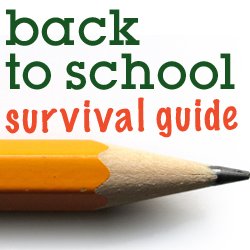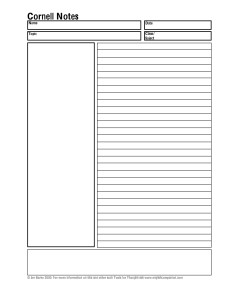Focus on School Adjustment Problems:
INVEST NOW . . . OR PAY LATER!
Some students experience difficulties adjusting to new classes (content and standards), new schools, new teachers, new classmates, etc. It is particularly poignant to see a student who is trying hard, but is disorganized and can’t keep up.
Over the first few weeks, teachers realize quickly who has and hasn’t made a good adjustment to their classroom and to the school. This is the time to address the problem before it gets worse. If adjustment problems are not addressed, student motivation for school dwindles, and behavior problems increase. Misbehavior often arises in reaction to learning difficulties.
The first month is the time to be proactive. This is the time for staff development to focus on the type of strategies that enable good student adjustment, as well as identifying and addressing problems as soon as they arise. This is the time for student support staff to work with teachers in their classrooms to intervene before problems become severe and pervasive and require referrals for out-of-class interventions.
While some schools already have a proactive approach to student adjustment problems, many do not. These are the type of concerns that are regularly addressed by a transformed system of student and learning supports.*
Making it Happen
(1) To facilitate a strong focus on school adjustment, use a staff development session to encourage structured staff discussions about what teachers can do and what other staff (e.g., student support staff, resource teachers, etc.) can do to team with teachers in their classrooms to enhance school adjustment. Also clarify ways to use aides, volunteers, peer tutors/coaches, mentors, those in the home, etc. to help with additional strategies designed to enhance social, emotional, and cognitive engagement.
(3) Let staff know about the following free and easily accessed Center resources:
• Supports for Transitions – Chapter 4 in Transforming Student and Learning Supports: Developing a Unified,
• What Schools Can Do to Welcome and Meet the Needs of All Students and Families –
• Welcoming Strategies for Newly Arrived Students and Their Families –
For more, use the Online Clearinghouse Quick Finds to link to other Center resources and to online resources across the country. For example, see:
Credits belong to rightful owner.





